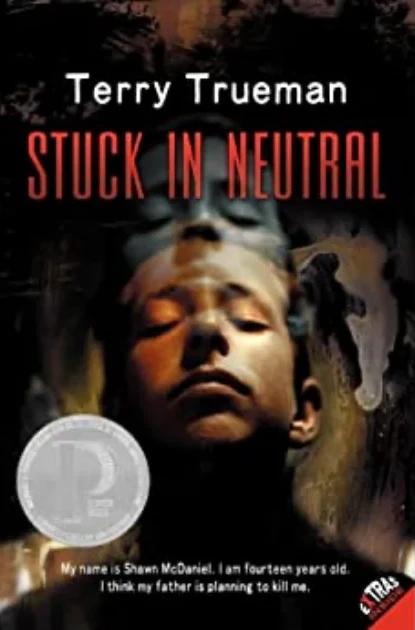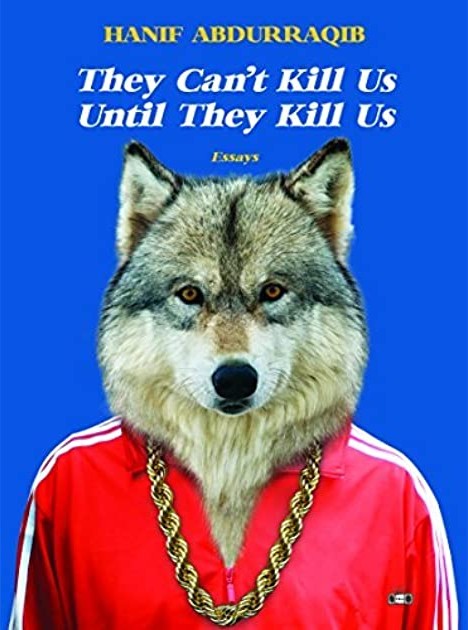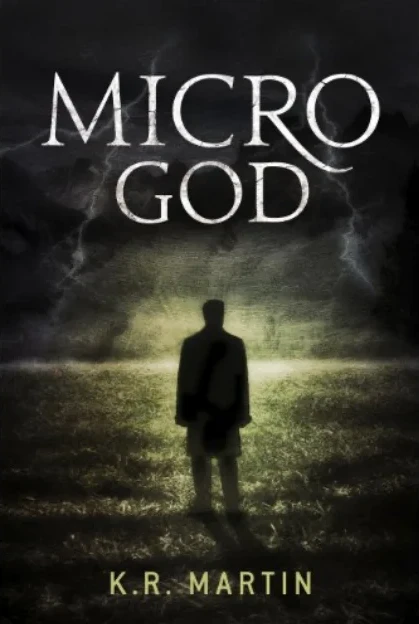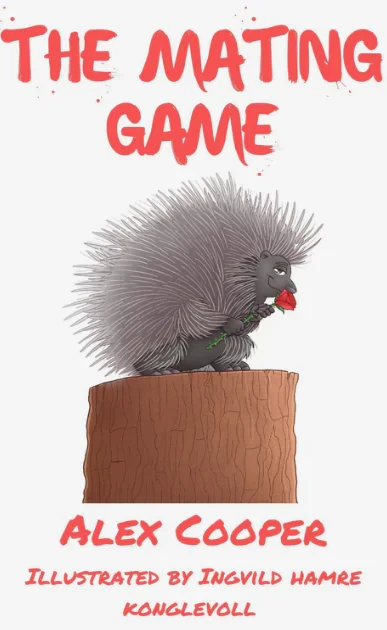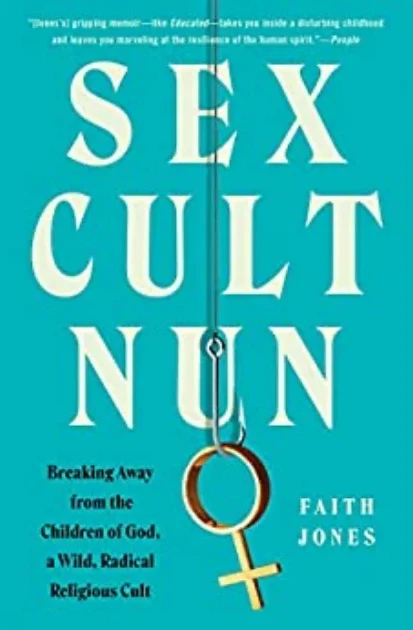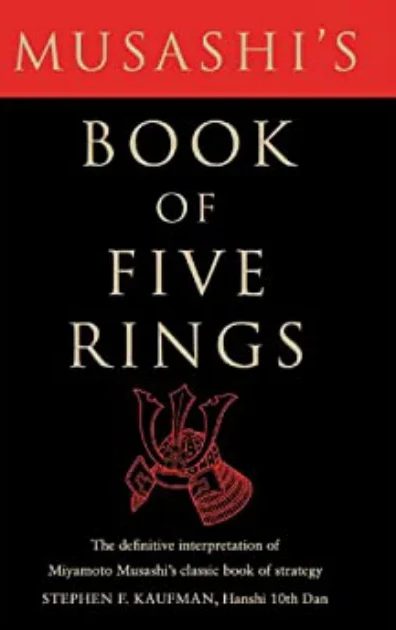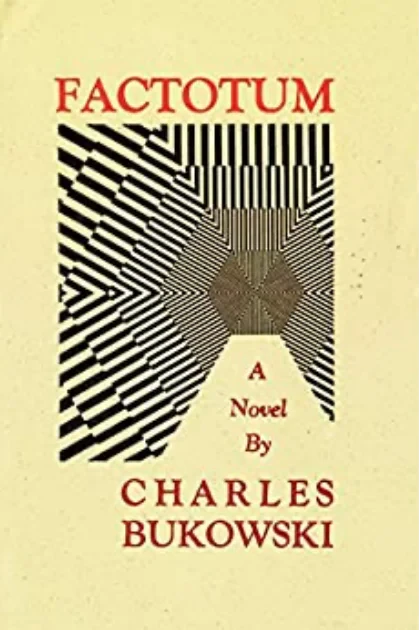Terry Trueman’s award-winning teen fiction novel Stuck in Neutral exemplifies the negative impacts of categorizing fiction. The book easily falls into the adult literary fiction category being thematically superior to most teen books dealing with dating or bullying issues. Mentioning this issue is important because the book doesn’t receive enough credit or audience, despite winning awards. Certainly, I would not have read this book since I rarely peruse children or teen literature except when coming across the author by chance, such as in this case. That said, Stuck in Neutral presents a fine addition to the discerning reader’s library.
Written in simple language and well-edited, the first-person book tells the suffering of a child with cerebral palsy. Trapped in his body, Shawn views the world filtered through his disability and unknown mental abilities, which Trueman elucidates creatively, especially for high school and middle school audiences. Using Shawn’s trapped persona, Trueman tackles the tough issues of euthanasia, sacrificing for others, and the existential crisis to generate empathy and critical thought.
Excluding religious views, euthanasia is often discussed in terms of individual moral and legal rights, presenting a complex argument for cognizant individuals suffering debilitating illnesses or conditions. Even more complicated is the decision to mercifully end the incognizant sufferer’s life, which is Shawn’s situation. Trueman presents euthanasia’s different perspectives using fourteen-year-old Shawn’s experiences and other characters’ discussions. Creating this view is no small feat, and Trueman maintains the childlike thought through Shawn’s evaluation of life, most notably when he becomes aware his life is threatened.
Most adults lack a critical understanding of euthanasia’s philosophic implications and lack the dialectic to analyze the debate’s varying facets. Refining this argument into digestible prose for children reveals the author’s intimate understanding of the topic and target audience. More than just understanding, Trueman remains trapped in neutral like his character when presenting euthanasia by steering clear of easy religious answers to solve the problems. More powerfully, he shows a lack of answers to spur critical thought. This objectivity is probably one of the book’s finest points, illustrating how both science and prayer can lead to a futile faith, shown when Shawn’s father speaks to him,
You know none of us really knows you. I mean, it takes just as much faith on our part to believe that you’re retarded as it would to believe that you’re a genius (Trueman).
One of the most important themes, making the book meaningful literary fiction, is the presentation of sacrifice. Too often, children and adults receive overgeneralized broad edicts for life, such as family first or it’s god’s plan. While this common wisdom works in daily life, it often fails in situations requiring extreme sacrifice. For example, there is a misconception that people don’t care about their elderly family members and dump them in nursing homes, but most families make tremendous financial and emotional sacrifices to care for relatives and resort to long-term care only when absolutely necessary. This sacrifice is true in many families of exceptional children. Trueman’s understanding of this heavy sacrifice pours through the page in Shawn’s words, “My condition changed all their lives. It’s hurt everyone.” Shawn describes cerebral palsy’s many burdens, such as needing to be fed and the inability to control bowel movements. Showing these hard truths through Shawn’s words cuts against common wisdom’s grain and forces a self-examination of one’s ability to sacrifice similarly. This critical thought softens just enough coming from Shawn to not overwhelm young readers and allow empathy to flourish.
There are no right and wrong answers, just a question of ability. Shawn’s brother and sister show resentment towards their father for feeling he abandoned them because of Shawn, and in many aspects, he did. But the wife remains firm in the belief of the father’s love for Shawn, and the story unfolds around this love, making clear that Shawn’s father loves him but is incapable of caring for him. Readers must question their limits in a similar circumstance. If literature intends to provide meaning, then Stuck in Neutral succeeds by making the reader internalize disability’s challenges and empathize.
The existential crisis is universal to all people, even those who don’t recognize the crisis or dumbly explain it as a midlife crisis or pretend they don’t worry about life’s meaning since God or whatever saved them. Powerfully, Stuck in Neutral embodies the existential crisis and clarifies the struggle for younger readers. Shawn lives in existential dread, knowing he harms those he loves but simultaneously wrestles against that harm for his life’s value. The father writes a famous poem about Shawn, which becomes a vehicle of success that also reflects Shawn as a driver of misery. Trueman eloquently shows this existential dread amongst the family, teaching many things, but ultimately, life’s meaning is not always simple to see. Some resolutions for this crisis are subtle and potent, such as Shawn’s brother walking past him and putting a potato chip in his mouth, or when his sister taught him to read while practicing her reading, and when the father bends his and Shawn’s double-jointed thumbs to match. Shawn’s meaning clarifies as pure love, for he can give nothing in return. Burden or not, he carries immense value dictated by his family’s actions. Even when discussions center on euthanizing Shawn, they are couched in love. Marvelous!
My worst criticism of this book centers more on the publisher and handling, which hid this gem from many readers as a teen fiction novel. While teens should read this book, many adult readers and writers could lay off the genre fiction a minute and learn something from this novel. If you are looking for a book filled with meaning, Stuck in Neutral won’t letEuthanasia, Sacrifice, & the Existential Crisis you down.
~~~
Trueman, Terry. Stuck in Neutral. HarperTeen. Kindle Edition.
